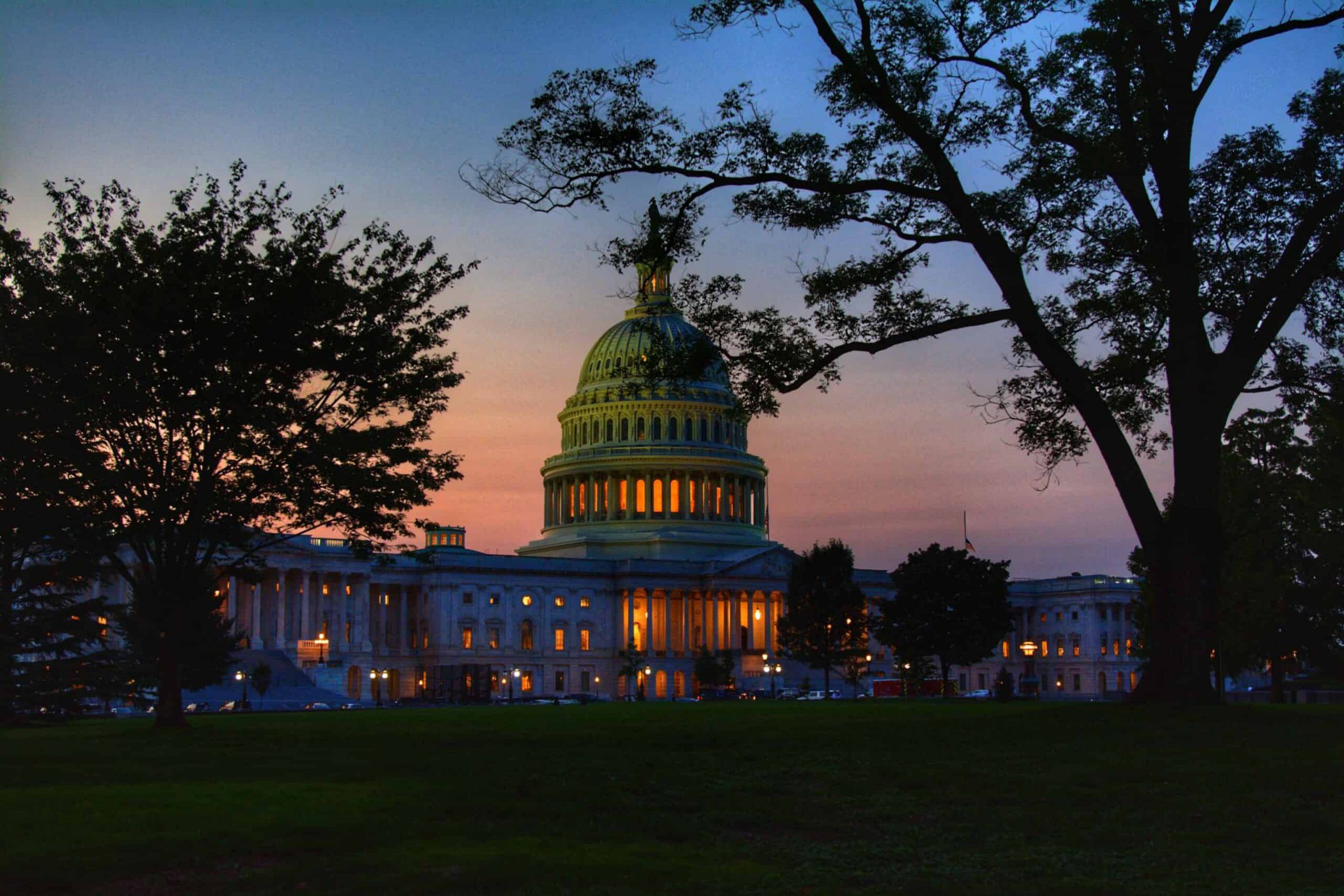
Fred Wang is a student at Harvard Law School.
In today’s news and commentary, a major spending bill passes the Senate, while the labor market exceeds analyst expectations — and then some.
More big news from Washington. The $740 billion climate, health-care, and tax bill that Kevin teed up over the weekend passed the Senate yesterday afternoon, with Vice President Kamala Harris casting the tie-breaking vote. Half of that money will fund clean-energy projects and initiatives — “one of the single biggest investments ever made on climate in the world.” Although a significant achievement, the Inflation Reduction Act, Axios explains, “is far less ambitious than most Democrats wanted” — no doubt because anything bigger would have scared away the Party’s two centrist members, Senators Joe Manchin and Kyrsten Sinema.
But not every part of the spending bill came out unscathed. A plan to control drug prices for Americans with private health insurance was cut after the Senate parliamentarian decided that it was not closely related to the federal budget. That exclusion, Alice Ollstein of Politico writes, means “there is little left that will reduce costs for the vast majority of Americans who receive health insurance through their private sector employer.” The same thing happened to a provision capping out-of-pocket spending on insulin to $35 for patients enrolled in private insurance.
Of course, the parliamentarian’s opinion, as Matt Bruenig at People’s Policy Project has argued, is just that — an opinion. “The presiding officer” — here, Vice President Harris — “has the sole authority to sustain or dismiss a point of order. The parliamentarian has no formal role at all.” The bill now goes to the House, where it is expected to pass.
The U.S. labor market continues to post surprisingly strong numbers, the latest Labor Department figures confirm. The U.S. economy added 528,000 jobs last month. That’s over twice (!!) as many jobs as analysts had forecasted. Plus, the unemployment rate fell to just 3.5%, matching its lowest level in the last 50 years. This “blistering pace of growth,” the New York Times explains, makes for a “befuddling benchmark considering other recent signs of a slowing economy, including a falling gross domestic product and a more sedate housing market.”






Daily News & Commentary
Start your day with our roundup of the latest labor developments. See all
March 3
In today’s news and commentary, Texas dismantles their contracting program for minorities, NextEra settles an ERISA lawsuit, and Chipotle beats an age discrimination suit. Texas Acting Comptroller Kelly Hancock is being sued in state court for allegedly unlawfully dismantling the Historically Underutilized Business (HUB) program, a 1990s initiative signed by former Governor George W. Bush […]
March 2
Block lays off over 4,000 workers; H-1B fee data is revealed.
March 1
The NLRB officially rescinds the Biden-era standard for determining joint-employer status; the DOL proposes a rule that would rescind the Biden-era standard for determining independent contractor status; and Walmart pays $100 million for deceiving delivery drivers regarding wages and tips.
February 27
The Ninth Circuit allows Trump to dismantle certain government unions based on national security concerns; and the DOL set to focus enforcement on firms with “outsized market power.”
February 26
Workplace AI regulations proposed in Michigan; en banc D.C. Circuit hears oral argument in CFPB case; white police officers sue Philadelphia over DEI policy.
February 25
OSHA workplace inspections significantly drop in 2025; the Court denies a petition for certiorari to review a Minnesota law banning mandatory anti-union meetings at work; and the Court declines two petitions to determine whether Air Force service members should receive backpay as a result of religious challenges to the now-revoked COVID-19 vaccine mandate.